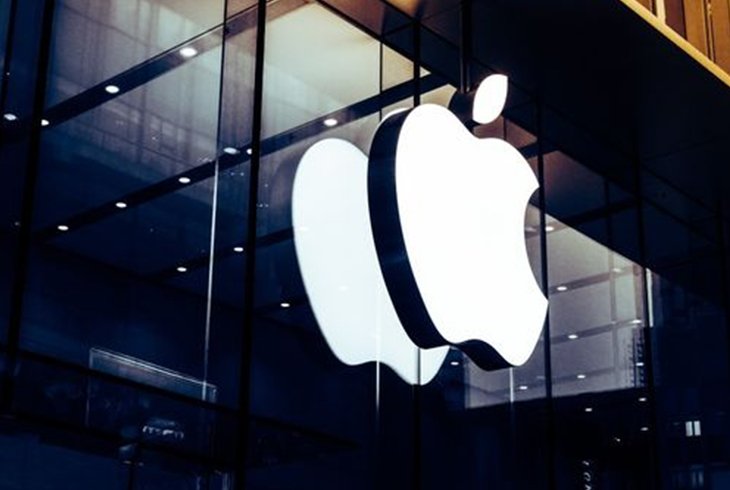In a recent
interview with the Wall Street Journal, Apple CEO Tim Cook
shared some personal insights about the lessons he learned from working closely
with Steve Jobs. He reflected on how Jobs, Apple’s iconic co-founder, left a
lasting impact on his approach to leadership, innovation, and decision-making.
According to Cook, Jobs instilled in him a profound understanding of
innovation’s significance and the power of small, focused teams to achieve big
goals.
Reflecting
on Apple’s early product development, Cook recounted how small teams were
responsible for pioneering products like the iPod and iPhone. ““These teams
were relatively small in the bigger picture," he explained. Through Jobs,
Cook learned that a team’s quality mattered more than its size; it was about
having dedicated, skilled individuals who could produce remarkable results
together. Jobs encouraged hiring the very best, surrounding oneself with people
who challenge existing perspectives and bring diverse skills to the table. Cook
noted that working with people who possessed expertise he didn’t have was
invaluable to his own growth.
One of the
qualities Cook admired most in Jobs was his open-mindedness and adaptability.
Jobs demonstrated the importance of staying flexible in one’s views, which
helped him evolve Apple’s strategies and product ideas quickly in response to
new insights. Cook highlighted this trait, explaining that Jobs wasn’t afraid
to change his mind—even on deeply held views—when presented with fresh
perspectives or compelling evidence. “He could change like this,” Cook said,
snapping his fingers to emphasize Jobs’ ability to pivot instantly when the
situation called for it. Initially, Cook found this approach surprising, but he
grew to respect and even adopt it himself. "Not many people possess that
ability, as they often become attached to their past beliefs," Cook
remarked, admiring it as a unique yet "remarkable skill."
Cook also
emphasized that this adaptability went both ways in their partnership. Jobs was
open to changing his mind, but he also valued constructive debate, often
challenging Cook’s views and encouraging him to do the same. Cook remarked, “He
loved to debate, and he loved someone to debate him.” Their exchanges weren’t
just theoretical exercises—they led to real changes in perspective for both of
them. “We changed each other's minds. That’s the reason it worked so well,”
Cook reflected.
Through his
memories, Cook painted a picture of Jobs as both a mentor and an intellectual
partner. Jobs’ legacy at Apple wasn’t just about technological advancements; it
was about fostering a culture of innovation, adaptability, and collaboration.
For Cook, these values remain foundational to how he leads Apple today,
continuing the influence of Jobs’ visionary spirit.












